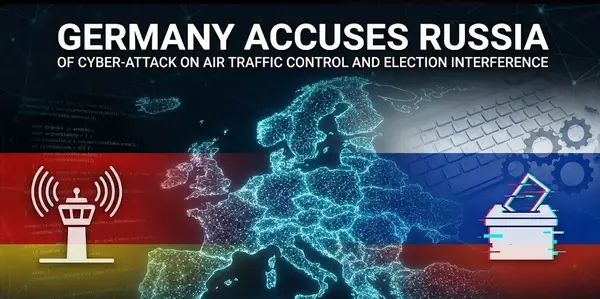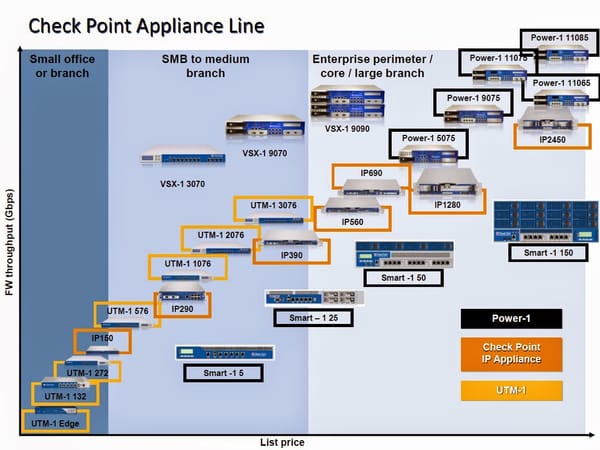The Impact and Costs of Ransomware Attacks: A Deep Dive into the City of Dallas Incident

Ransomware attacks have become one of the most pressing cybersecurity threats in recent years. Municipalities, in particular, have found themselves in the crosshairs of cybercriminals due to their often outdated IT infrastructures and the critical nature of the services they provide. The City of Dallas, a bustling metropolis with a population of over 1.3 million, recently fell victim to such an attack, shedding light on the vulnerabilities and potential costs cities face in the digital age.
Immediate Impact
- Service Disruption: One of the most immediate impacts of the ransomware attack on Dallas was the disruption of city services. Residents found themselves unable to access essential services online, from paying utility bills to scheduling city inspections. Such disruptions not only inconvenience citizens but can also lead to financial losses for the city due to delayed or missed payments.
- Data Loss: Ransomware typically encrypts data, rendering it inaccessible. For a city, this could mean loss of critical data ranging from employee records to city planning documents. In some cases, if backups are not regularly maintained or are also compromised, the data may be lost permanently.
- Reputation Damage: Trust is a crucial component of the relationship between residents and their local government. When a city falls victim to a ransomware attack, it can erode this trust, with residents questioning the city's ability to safeguard their personal data.
Financial Costs
- Ransom Payment: While many cybersecurity experts and law enforcement agencies advise against paying ransoms, some cities may feel compelled to do so, especially if they believe it's the quickest way to restore services. However, paying does not guarantee the decryption of data and can encourage cybercriminals to target other municipalities.
- Remediation and Recovery: Beyond the potential ransom payment, cities face significant costs in restoring their IT systems. This includes the cost of IT experts, potential hardware replacements, and software upgrades.
- Loss of Revenue: With city services disrupted, there's a potential loss of revenue. For instance, if residents can't pay their utility bills or parking fines, it affects the city's income.
- Increased Insurance Premiums: Cities that fall victim to cyberattacks may see a spike in their cybersecurity insurance premiums, adding to their long-term costs.
Long-term Impacts and Lessons
- Enhanced Security Measures: One of the positive outcomes of such incidents is that they often act as a wake-up call. Cities like Dallas are likely to invest more in their cybersecurity infrastructure, from updating outdated systems to conducting regular security training for their staff.
- Budget Reallocations: Given the rising threat of cyberattacks, cities may need to reallocate their budgets to prioritize cybersecurity, potentially diverting funds from other essential services.
- Policy Changes: In the aftermath of an attack, cities may revise their policies regarding data backups, software updates, and third-party vendor assessments to prevent future incidents.
In conclusion, the ransomware attack on the City of Dallas underscores the pressing need for municipalities to prioritize cybersecurity. As cybercriminals become more sophisticated, cities must stay one step ahead to safeguard their data, maintain residents' trust, and ensure the continuous provision of essential services. The true cost of a ransomware attack isn't just the immediate financial burden but the long-term implications for a city's reputation and operational integrity.





